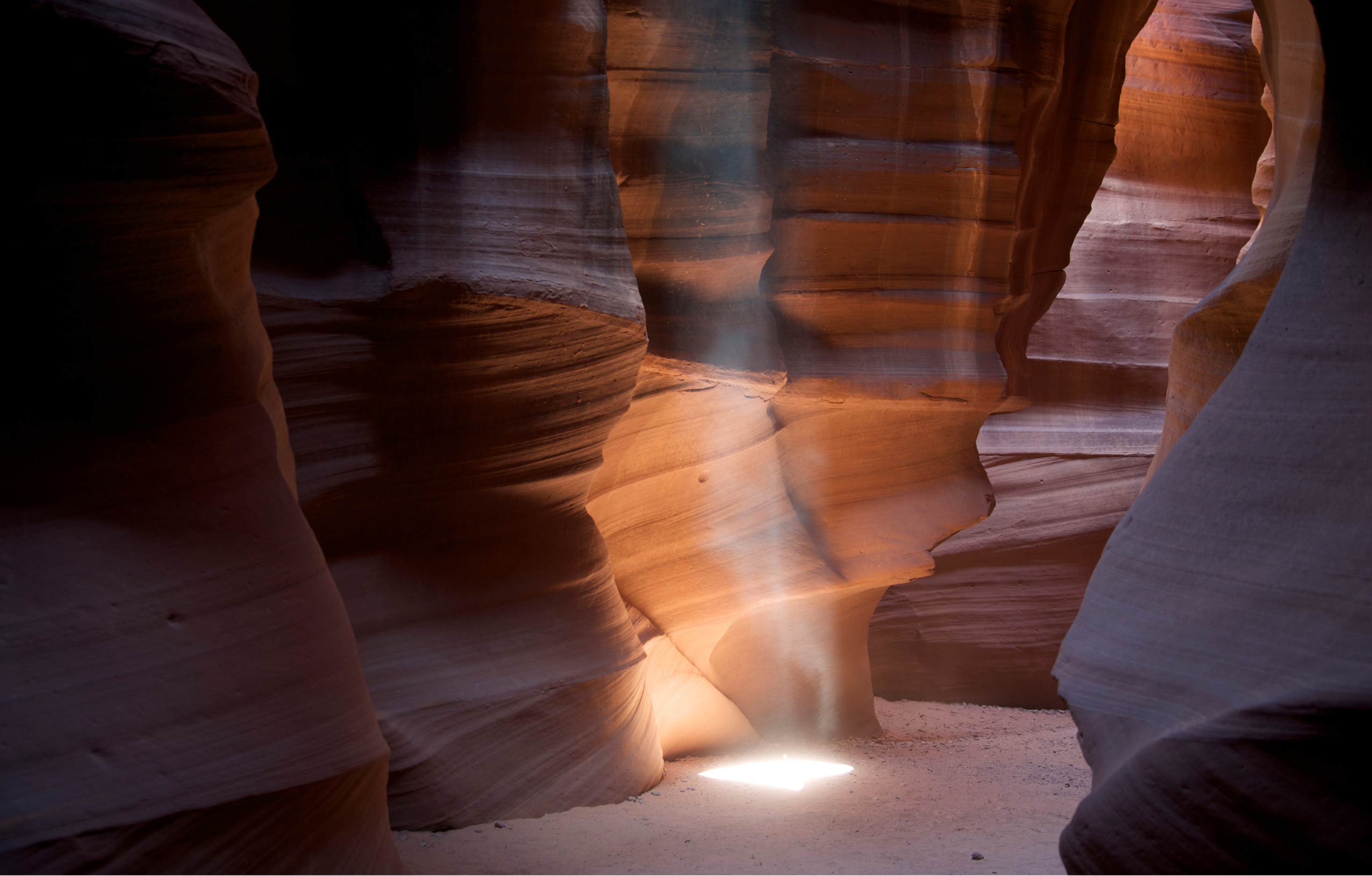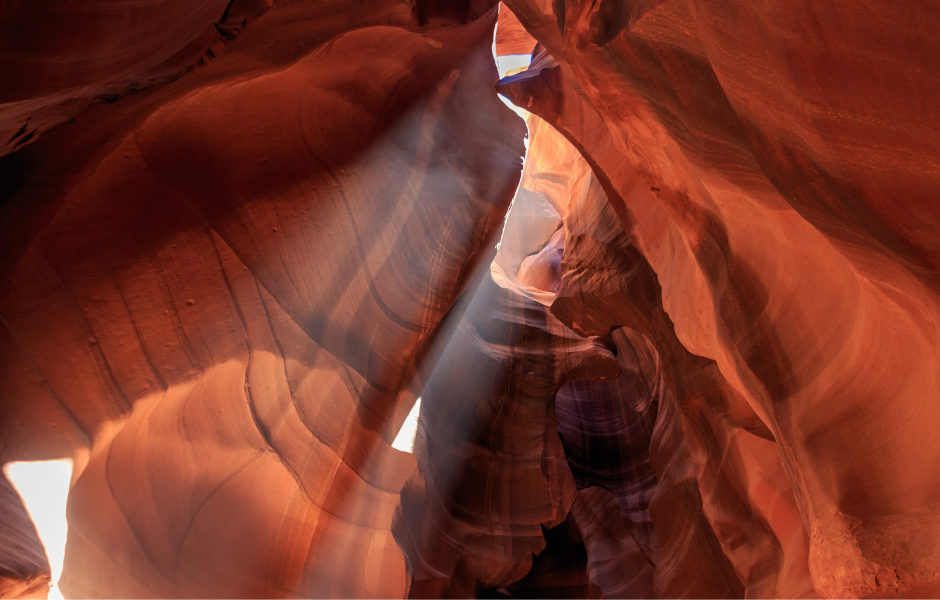Are you ready to witness one of nature’s most stunning spectacles? Antelope Canyon’s famous light beams are one of the world’s most photographed natural phenomena, and for good reason. These magical shafts of sunlight pierce through the narrow, winding sandstone walls of Upper Antelope Canyon, creating an unparalleled visual experience. With summer 2025 just around the corner, it’s the perfect time for photography enthusiasts, nature lovers, and adventure travelers to start planning their visit.
This guide will cover everything you need to know about catching the iconic light beams at their brightest, as well as tips for capturing unforgettable photographs during your trip.
When Are the Light Beams at Their Best?
The light beams at Upper Antelope Canyon don’t show up all year round. Their presence is influenced by seasonal changes, time of day, and weather conditions. Here’s what you need to know to maximize your chances of seeing them at their most vibrant:
Peak Season for Light Beams
The optimal time to visit Upper Antelope Canyon is between May and September, when the sun is high enough in the sky to shine directly into the canyon. This creates the dramatic light beams that photographers and visitors long to capture.
If viewing these light beams is your main goal, plan your trip during these peak months. Keep in mind that this is also the canyon’s busiest season. Booking your tour as early as possible guarantees your spot!
Best Time of Day
To experience the light beams at their most spectacular, schedule your visit between 11 a.m. and 1:30 p.m. This is when the sun is at its zenith, allowing light to trickle down into the canyon’s depths and illuminate its sandstone walls.
Make reservations for guided tours within this timeframe to enjoy the full beauty and mystique of the scenery.
Weather Impact
Clear, sunny days are crucial for seeing light beams at their best. Heavy cloud cover, rain, or poor weather could block or diminish the visibility of these remarkable displays. For this reason, travelers aiming to witness the full spectrum of color and light should monitor the weather forecast before planning their visit.
Exploring Upper Antelope Canyon
Though Antelope Canyon is composed of both Upper and Lower sections, the light beams are exclusive to Upper Antelope Canyon. Often referred to as “The Crack,” Upper Antelope Canyon is more accessible and offers a flat, easy walk, making it a favorite among visitors.
Tour guides lead groups through the canyon, stopping at key locations to allow visitors to photograph the beams and the mesmerizing textures of the sandstone walls. During these guided tours, Navajo hosts often share stories about the canyon’s history and cultural significance, making the experience even more meaningful.
Tips for Capturing Stunning Light Beam Photos
Antelope Canyon isn’t just a bucket list destination for travelers—it’s a dream come true for photographers. With its play of light and shadow, the canyon creates endless opportunities for breathtaking shots. Follow these tips to make the most of your photography session:

1. Choose the Right Camera Settings
- Use a wide-angle lens to capture the expanse of the light beams and surrounding canyon walls.
- Set your ISO between 100-400 to avoid grainy images.
- Use a small aperture (f/11 or higher) to keep the details in focus.
- For areas with more shade, adjust to a longer exposure time to bring out details in low light.
2. Include Sand in Your Shot
One of the secrets to capturing those ghostly beams of light is capturing falling sand. Guides often toss sand into the air to create this mesmerizing effect. This adds movement and depth to your photos while accentuating the beams.
3. Don’t Skip Tasting Notes of the Canyon’s Colors
The sandstone walls aren’t just a neutral backdrop—they’re an artist’s palette of reds, oranges, pinks, and purples. Take the time to experiment with angles so you can show how the light enhances these natural colors.
4. Stay Patient for the Perfect Shot
Antelope Canyon can be crowded with photographers and tourists alike. Be patient, wait for your turn, and make the most of it when photographing without interruptions.
More Than Just Light Beams
If your schedule doesn’t align with peak season or the optimal midday timings, don’t fret. Antelope Canyon offers beauty and wonder year-round. Even without the light beams, you’ll find the undulating sandstone walls breathtaking, their colors shifting as the light changes throughout the day. For some visitors, these off-peak experiences offer a more serene and intimate connection with the canyon.
Secure Your Spot for Summer 2025
Antelope Canyon is a treasure of the Navajo Nation, revered for its natural beauty and cultural significance. To preserve its condition and respect Navajo traditions, the canyon is accessible only through authorized tours.
Make sure to book your spot early for summer 2025, as tours fill up quickly during light beam season. With limited availability and high demand, early planning ensures you don’t miss out on this extraordinary experience.

